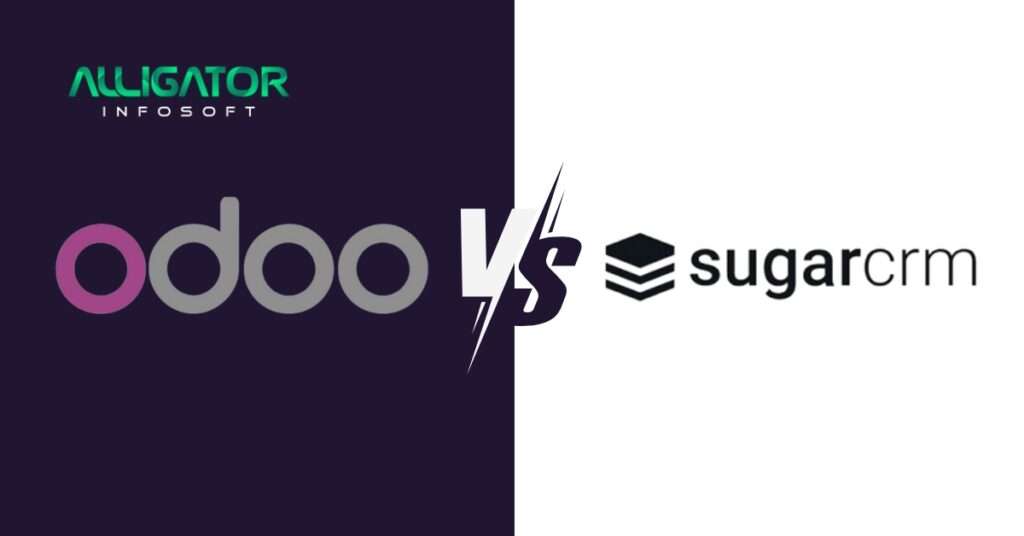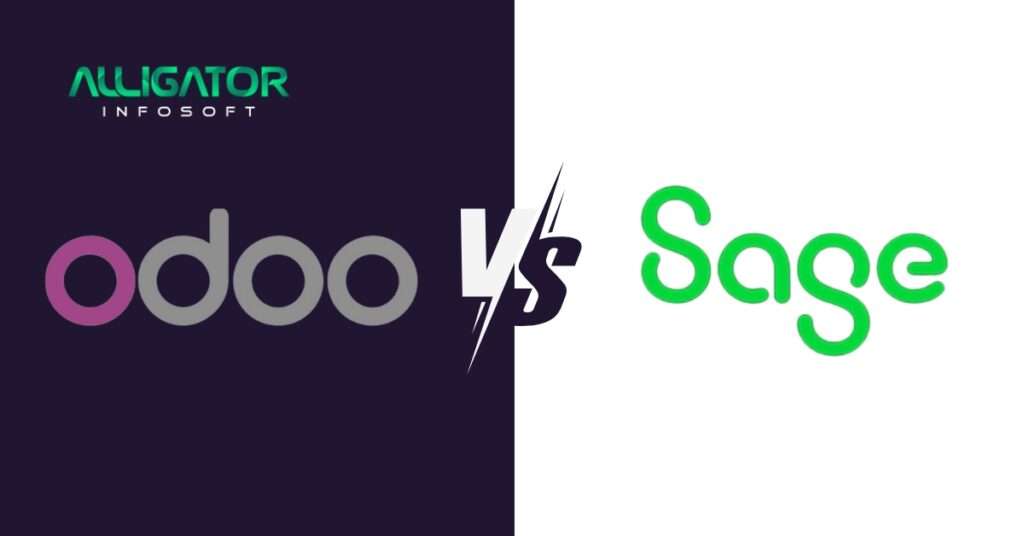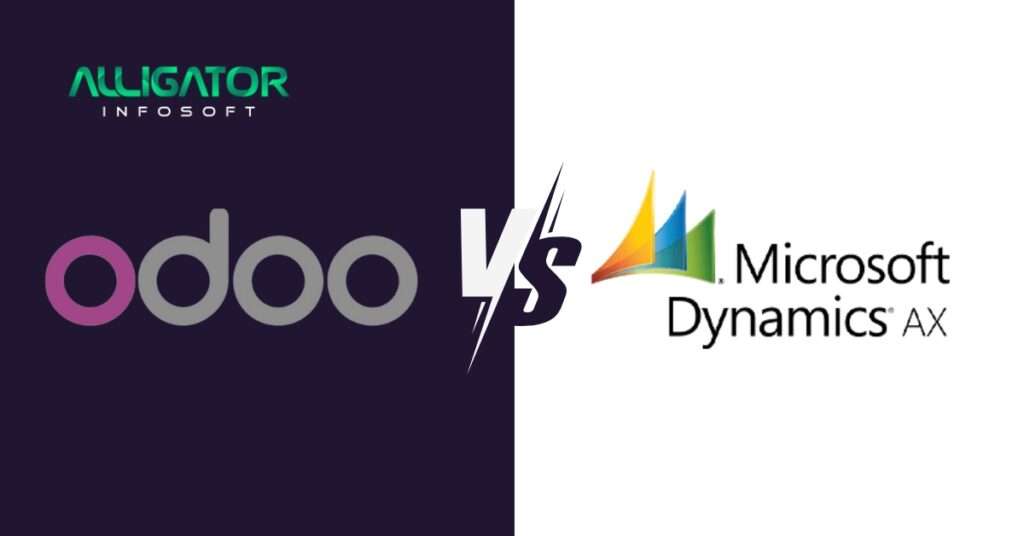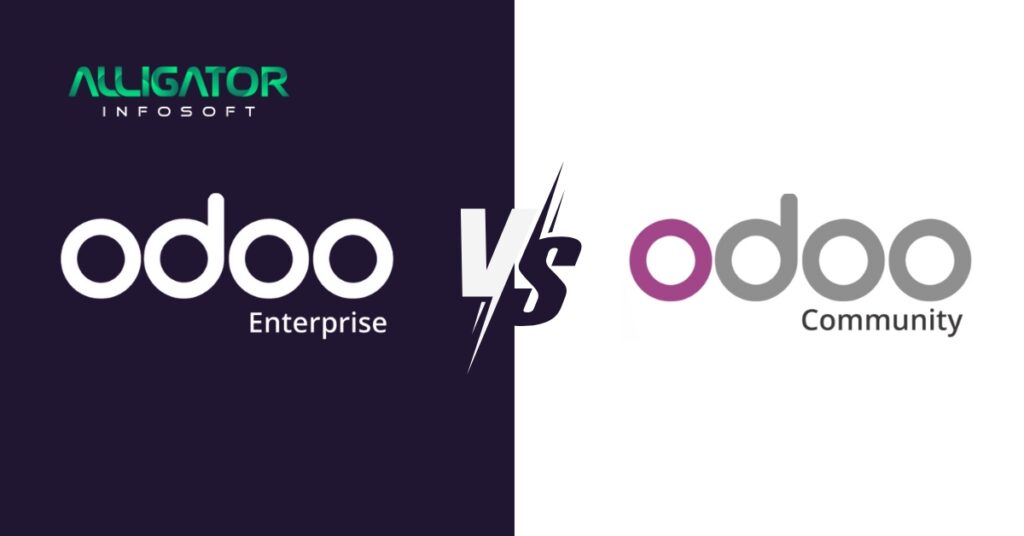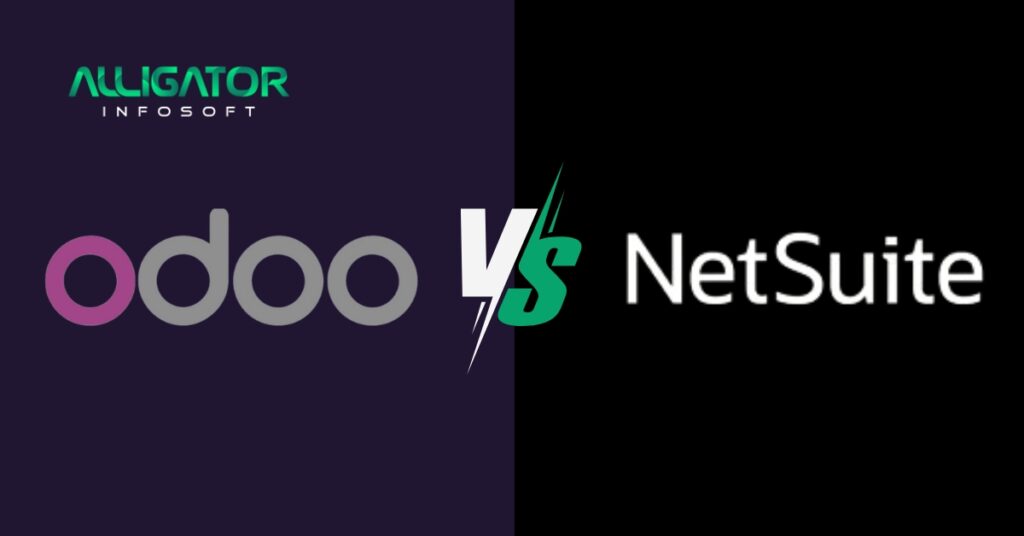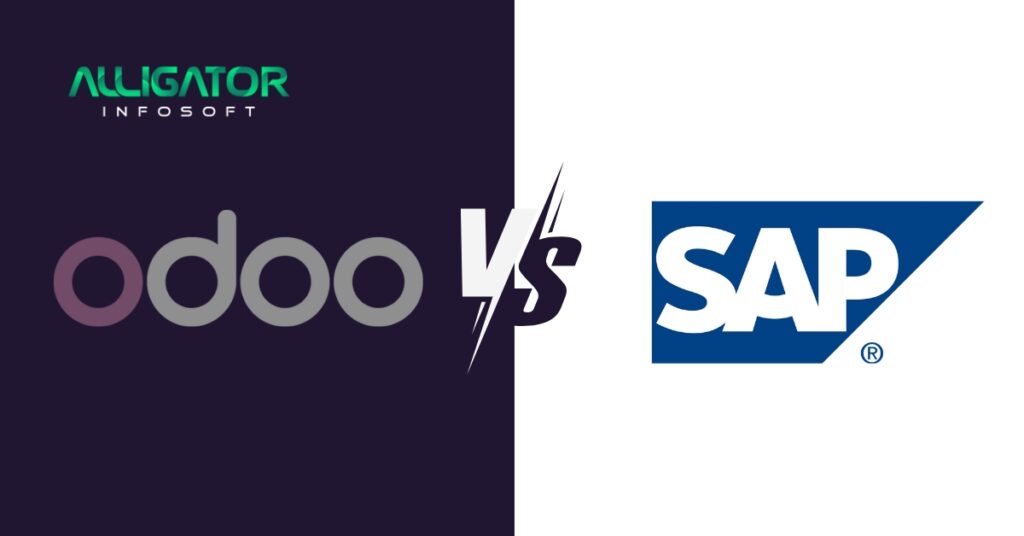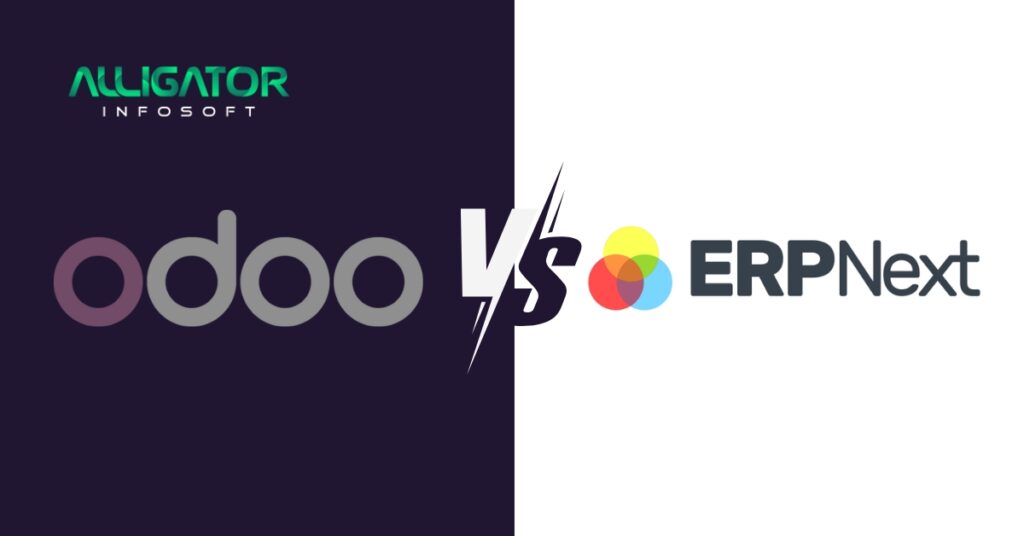Odoo vs SugarCRM: Choosing the Right CRM for Your Business
When it comes to choosing the right Customer Relationship Management (CRM) software for your business, Odoo and SugarCRM are two prominent options. Both platforms offer a wide range of features designed to help businesses manage customer interactions, streamline operations, and drive growth. In this article, we’ll compare Odoo vs SugarCRM to help you decide which is best for your needs. What is Odoo? Odoo is an all-in-one business management software that provides a suite of applications to manage various business functions, including CRM, e-commerce, accounting, inventory, and project management. Known for its flexibility and open-source nature, Odoo allows businesses to customize the software to fit their specific needs. 1. Flexibility and Customization: Odoo’s open-source model allows for extensive customization, making it suitable for businesses of all sizes. Whether you’re a small startup or a large enterprise, you can tailor Odoo to fit specific business processes and requirements without being limited by proprietary software constraints. 2. Comprehensive Suite: Odoo offers an integrated suite of applications that can handle everything from CRM to ERP functionalities. This includes modules for sales, inventory management, accounting, human resources, e-commerce, and more, all seamlessly integrated into a single platform. 3. User-Friendly Interface: Odoo features an intuitive interface that makes it easier for new users to get up to speed quickly. The design is clean and user-friendly, with consistent navigation and clear instructions across all modules. This intuitive interface reduces the learning curve, allowing employees to focus on their tasks rather than struggling with complex software. 4. Integration: Odoo comes with a wide range of integrated applications that can handle various business processes beyond CRM. From sales and inventory management to accounting, human resources, manufacturing, and more, Odoo’s integrated suite covers a comprehensive array of business functions. 5. Pricing: Odoo offers a free version with limited features, making it accessible for small businesses and startups to get started. For the full suite of features, Odoo’s pricing can vary based on a modular approach, where businesses can choose and pay only for the specific modules they require. 6. Support and Community: Odoo benefits from strong community support due to its open-source nature. The active community of developers and users contributes to continuous improvements, extensions, and knowledge sharing, enhancing the overall ecosystem. In addition to community-driven support, Odoo offers paid support options that provide businesses with access to professional assistance, training, and dedicated resources for implementation and ongoing maintenance. What is SugarCRM? SugarCRM is a robust CRM platform designed to improve customer relationships and drive sales growth. It focuses primarily on CRM functionalities, providing tools for sales automation, marketing automation, customer support, and analytics. 1. CRM Specialization: SugarCRM is dedicated to providing a powerful CRM experience with deep customization options. It focuses specifically on customer relationship management (CRM), offering extensive flexibility to tailor the CRM functionalities to meet specific business needs. This specialization allows businesses to customize workflows, dashboards, and modules within SugarCRM to align closely with their unique sales and customer service processes. 2. Sales and Marketing Automation: SugarCRM offers advanced tools for automating sales and marketing processes, leading to improved efficiency. These automation capabilities enable businesses to streamline lead management, automate follow-ups, schedule marketing campaigns, and track customer interactions more effectively. 3. Strong Analytics: SugarCRM provides robust analytics and reporting features to help businesses make data-driven decisions. The platform offers comprehensive insights into sales performance, customer behavior, campaign effectiveness, and more. 4. Integration: SugarCRM provides robust analytics and reporting features to help businesses make data-driven decisions. The platform offers comprehensive insights into sales performance, customer behavior, campaign effectiveness, and more. 5. Ease of Use: SugarCRM is designed with usability in mind, offering a user-friendly interface that facilitates navigation and access to its comprehensive features. However, new users may experience a learning curve due to the platform’s extensive functionalities and customization options. 6. Pricing: SugarCRM is generally more expensive than Odoo, with pricing typically based on user licenses and additional features. This cost structure may include subscription fees per user, implementation costs, and fees for additional modules or customization. Difference Between Odoo and Sugarcrm 1. Integration Flexibility: Odoo excels in integration capabilities, offering seamless connectivity with various Odoo products such as sales, marketing, inventory management, and more. Its robust API and modular architecture allow businesses to customize and integrate Odoo with a wide range of third-party software solutions. This flexibility enhances workflow automation, operational efficiency, and data synchronization across different business functions within the Odoo ecosystem. On the other hand, SugarCRM also provides strong integration capabilities with popular applications like HubSpot, MailChimp, Zapier, and others. These integrations enable SugarCRM users to extend CRM functionalities and streamline marketing automation, enhancing customer relationship management and operational effectiveness. 2. Customization and Adaptability: Odoo’s open-source nature and modular approach offer extensive customization options, making it highly adaptable to diverse business needs. Businesses can tailor Odoo to specific workflows, industry requirements, and growth stages without being constrained by exclusive limitations. This customization flexibility allows for personalized user experiences and optimized business processes, contributing to enhanced productivity and competitive advantage. SugarCRM, known for its deep customization capabilities in CRM functionalities, may require specialized knowledge and skills for extensive customization beyond standard CRM processes. While powerful for CRM-specific needs, SugarCRM’s customization process may involve a steeper learning curve and additional resources compared to Odoo’s more holistic approach to business management and operational integration. Why Choose Odoo over SugarCRM? Choosing between Odoo and SugarCRM depends on specific business needs and priorities. Here are some reasons why one might choose Odoo over SugarCRM: 1. Integrated Suite: Odoo offers a comprehensive suite of applications covering ERP, CRM, e-commerce, and more, all integrated into one platform. This can streamline operations by reducing the need for multiple systems and improving data consistency. 2. Flexibility and Customization: Odoo is highly customizable due to its open-source nature, allowing businesses to tailor the system to their specific requirements without extensive development costs. 3. Scalability: Odoo is scalable and can grow with your business needs, accommodating additional users, transactions, and modules as your


